Profile
Gladys Love Amissah – the sign language professional inspiring others
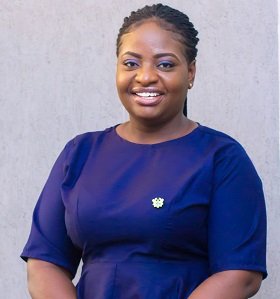
Though many ridiculed her from the outset, those utterances did not deter her from abandoning a passion she had at the age of nine years.
She kept pushing, overcoming stigmatisation, and now, the passion has become a profession and an inspiration to many.
Ms Gladys Love Amissah, who interprets high Government encounters to the deaf community, wants to become the biggest female interpreter in Africa and the world.
This journey which looks somewhat smooth is riddled with challenges and to encourage those who look up to her, Love, who is a member of the Nsawam Road Branch of the Church of Christ, shared her amazing story with The Spectator
She currently signs for high profile government engagements with the public, including presidential address, and the ongoing Ministry of Information press conferences to update Ghanaians on the novel coronavirus among others.
Background
She is Gladys Love Amissah but many people affectionately call her Love Amissah, she was born to Mr Prince Pasco-Amossah and Ms Alice Lartey.
“I have 15 Siblings, six males and nine females,” she noted.
Ms Love works at the Ministry of Parliamentary Affairs as the Chief Director’s secretary.
“Growing up I wanted to be a nurse, but I realised I was afraid of blood so I diverted to pursue a course in secretaryship, and that is how I became a professional secretary,” she said.
Passion for signing
Her passion for signing was discovered at age nine, when she started developing interest in sign language.
The interest kept growing stronger anytime Love saw her pastor sign to the congregation at the Church of Christ.
Following this, she opened up to her mother about it, who later told Pastor Sam Williams, of the Deaf Ministry of their church of her daughter’s interest.
She was then made to learn the sign language, and through the teachings and other personal interactions with some deaf people the passion kept growing stronger to what it is now.
Education
She started her educational journey at the University Primary School at Winneba in the Central Region for her basic education and completed Junior High School at the Methodist 2 JHS at Adabraka in Accra.
Love continued to Breman Asikuma Senior High School, where she read Arts including Literature in English. According to her, she disliked French at the time, and would frown anytime the teacher entered the class.
Sharing some fond memories, Love revealed that she had no nickname, but students used her middle name, Pasco, her father’s name, to call her.
“Most of them didn’t know it was my real name,” she disclosed.
“I did Bachelor of Science course in Business Administration at Green Hill, GIMPA, and later did Diploma in Sign Language at the University of Cape Coast (UCC) and also a Certificate in Sign Language at KNUTSFORD University College at East Legon in Accra.
Challenges
According to her, the only time a challenge would be easily overcome, is when there is strong interest and determination.
She made some shocking revelation that when she started, most people were saying “If I continue signing I will go deaf, but that didn’t deter me from learning it.”
Television Assignment
Interestingly, she revealed to this paper that, her first television assignment was a disappointment.
“My first assignment on TV was a Meet-The-Press and I flopped “basaaaa”, I didn’t know l should look into the camera, I was just looking around and when I finished people started teaching me how to behave when on set. I must say that since then, it has improved
“Sincerely, when I started signing for the first gentleman of the land, the President, people started insulting me and saying, this woman wears only one dress every time. I laughed because they did not know the ethics governing my profession,” she said.
According to her, due to the nature of their profession, they mostly wear plain dresses anytime they are signing on set.
Touching on her relationship with the deaf community, she said, “It is very great because, anytime I finish with my assignment I send them messages to know if they understood the interpretation.”
Future and advice
Ms Love Amissah wants to impact more lives globally and inspire others in the profession.
“I would like to encourage everyone to take his or her profession serious and be focused.”
Favourite food
Love’s favourite food is Jollof rice with some beverages and loves going out with her family or sleep at her leisure.
Acknowledgement
She expressed appreciation to the Ghana National Association of the Deaf (GNAD) who organised many workshops for them to better their signing and paid her tuition fees and feeding at University of Cape Coast for two (2) years and further expressed her appreciation to “Church of Christ members for their encouragement, especially her mother, Madam Alice Lartey, and Mrs Diana Amissah, her sister in-law.
Others are Mr Bright Yaw Tiyaa, Mr Emmanuel Osei-Owusu, Mr Yaw Tettevi, Chief Director, Dr Evans Aggrey-Darkoh and all the staff at Ministry of Parliamentary Affairs, National Association of Ghanaian Sign Language Interpreters and the Pasco-Amissah family.”
By Edem Mensah-Tsotorme
Profile
From dormancy to dominance: Rev. Emmanuel D. Niikoi’s inspiring netball journey
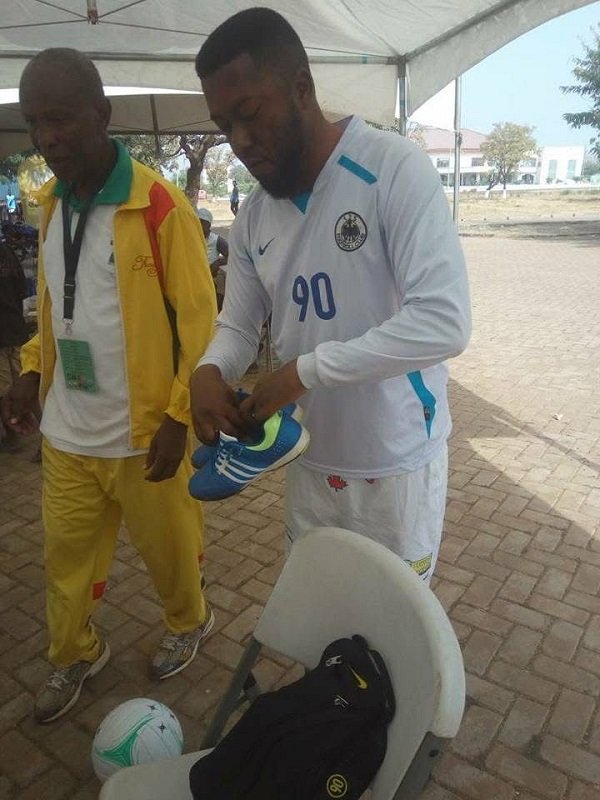
IN the annals of Ghana’s sporting history, certain individuals stand out not merely for participating in sport, but for transforming it.
Rev. Emmanuel D. Niikoi is one such figures. Revered as the father of modern netball in Ghana, is widely credited with rescuing the game from near extinction and transforming it into a vibrant, structured and nationally recognised sports discipline.
His journey reflects vision, resilience and an unwavering commitment to youth and sports development.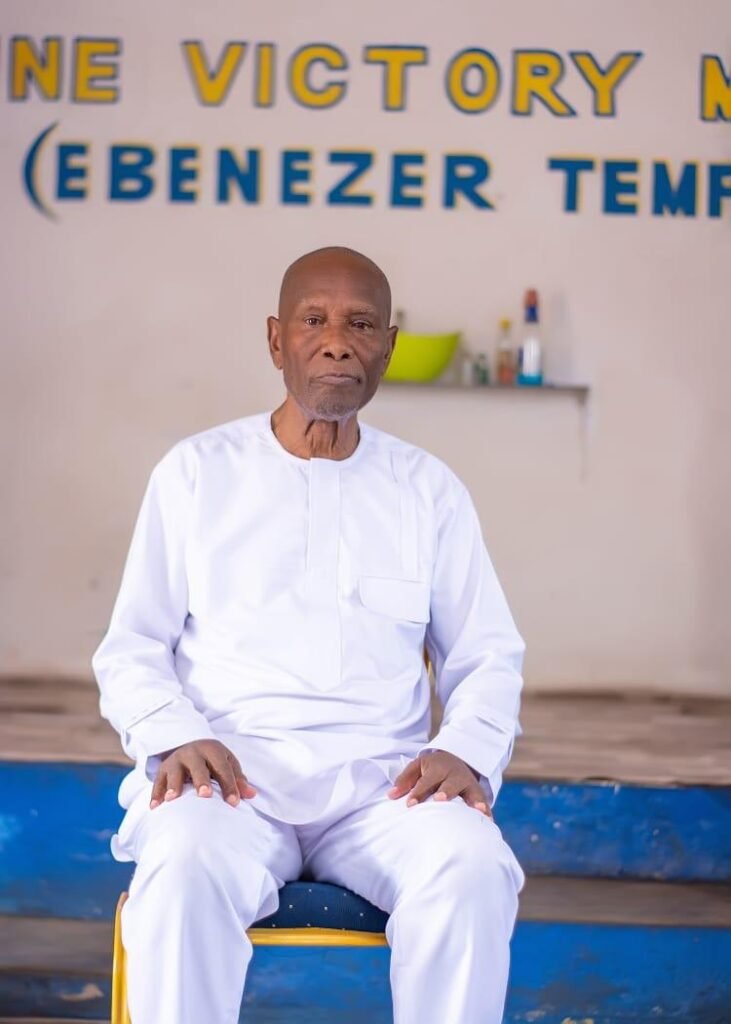
Netball was introduced to the then Gold Coast by Christian missionaries alongside formal education. By the 1960s and early 1970s, the sport had gained remarkable popularity in schools and colleges, ranking second only to football and, in some institutions, rivaling it in appeal.
However, during the 1974/75 academic year, the Ghana Education Service (GES) took a policy decision to step down netball in favour of basketball development. The decision dealt a severe blow to the sport.
Between 1975 and 1985, competitive netball virtually disappeared from Ghana’s sporting calendar.
That decision of the GES can be blamed for the current state of the sports that is producing heroines across the globe.
The revival of the game can be traced to 1985 during the Golden Jubilee celebration of the Ghana Broadcasting Corporation (GBC).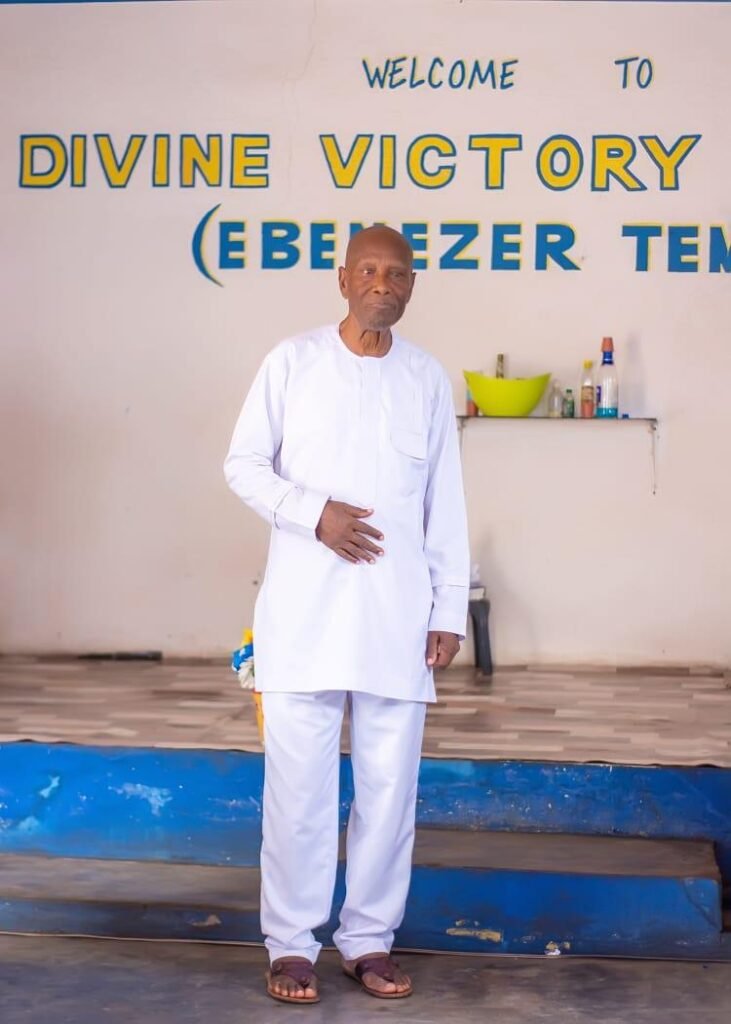
At the time, Rev. Niikoi was serving as Chief Editor (News) in the Radio Newsroom. Understanding both the historical importance and untapped potential of netball, he championed the inclusion of a netball tournament as part of the anniversary celebrations. The event reignited public interest and reminded many of the sport’s former glory.
Crucially, Rev. Niikoi did not allow the momentum to fade after the festivities. The GBC netball team formed for the tournament, aptly named “Golden Hands,” became the cornerstone of a national revival campaign.
With determination and personal sacrifice, he led tours across the country, using the team as a practical training platform.
He personally taught sports teachers under the GES the official rules of netball, reintroduced structured competition, and restored confidence in the sport’s viability.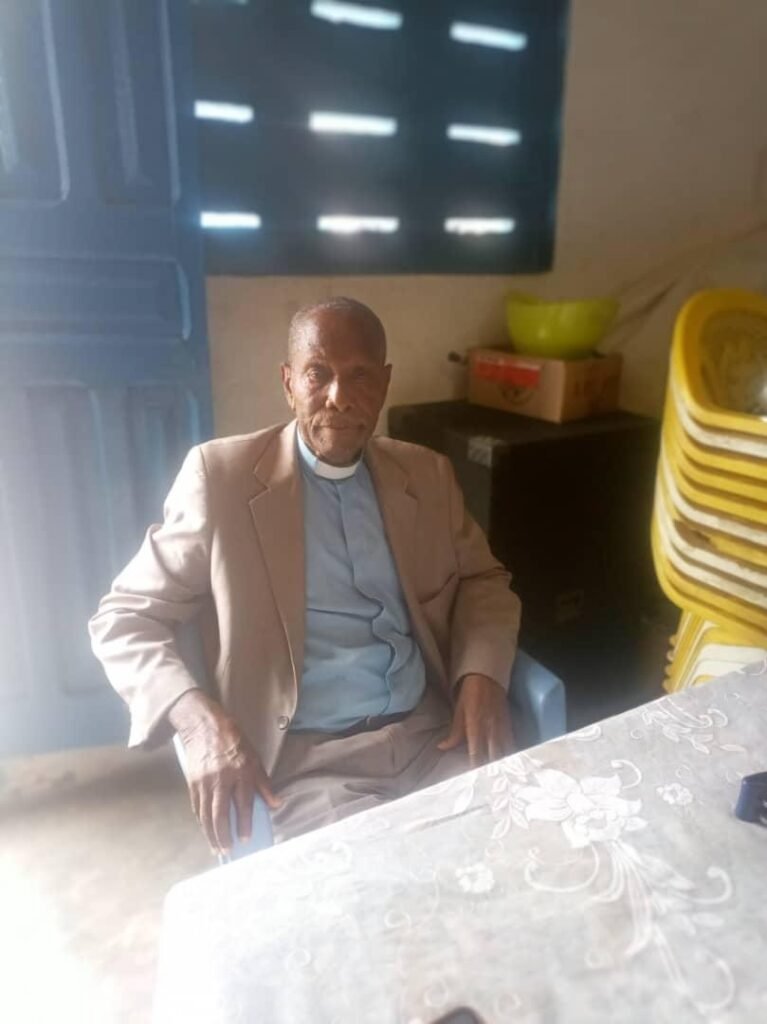
These efforts culminated with the formation of the Netball Association of Ghana in 1988, now known as the Netball Federation of Ghana.
In 1990, the association gained formal recognition from the National Sports Authorities, previously known as the National Sports Council (NSC), restoring netball’s status as an official sporting discipline.
This milestone marked the rebirth of organised netball in Ghana and cemented Rev. Niikoi’s place as founder of the national governing body.
Revival soon transitioned into consolidation. Over the years, Rev. Niikoi consistently lobbied educational and sports authorities to reintegrate netball into major school competitions.
His advocacy led to the sport’s reintroduction into the National Basic Schools Sports Festival, the Senior High and Technical Schools Sports Festival, the Colleges of Education games, and competitions under the Ghana University Sports Association (GUSA).
Today, netball is played across the entire educational structure in Ghana, from basic schools to public universities, a testament to his sustained and strategic efforts.
On the continental and global front, Ghana is a full member of World Netball and was a founding member of the Confederation of Africa Netball Associations (CANA), now Africa Netball.
In 2004, Ghana hosted the inaugural Africa Netball Cup of Nations in Accra and emerged champions after defeating Namibia in the final. The victory not only boosted Ghana’s sporting image but also validated years of groundwork.
In 2007, Rev. Niikoi was elected Director of Marketing and Media for CANA, serving a four-year term and contributing to the sport’s development across the continent.
In 2019, following governance reforms required by the International Olympic Committee to lift sanctions related to state interference in sports administration, national federations were mandated to adopt independent constitutions. Under this new framework, the Netball Federation of Ghana successfully drafted its constitution and conducted elections.
On June 19, 2019, Rev. Niikoi was elected the federation’s first President under the independent constitutional order which is symbolic and deserved recognition of decades of service.
Beyond netball administration, Rev. Niikoi also served two terms spanning eight years from March 2018 to March 2025 as an Executive Board Member of the Ghana Olympic Committee.
His presence on the board ensured that netball maintained visibility within Ghana’s broader Olympic movement.
A Bachelor of Arts graduate in Combined Honours (History and Law), Rev. Emmanuel D. Niikoi has trained numerous coaches and umpires nationwide, strengthening the sport’s technical foundation and ensuring sustainability.
His leadership style combines administrative discipline with grassroots engagement, making him both a strategist and a mentor.
From dormancy to dynamism, the resurgence of netball in Ghana bears his unmistakable imprint. Through advocacy, institution-building and capacity development, Rev. Niikoi has secured a lasting legacy.
Today, every netball match played in Ghana, whether at a basic school court or a university festival stands as living testimony to his vision and perseverance.
By Esinam Jemima Kuatsinu
Profile
Autism Awareness Care & Training: Pioneering autism care, inclusion in Ghana
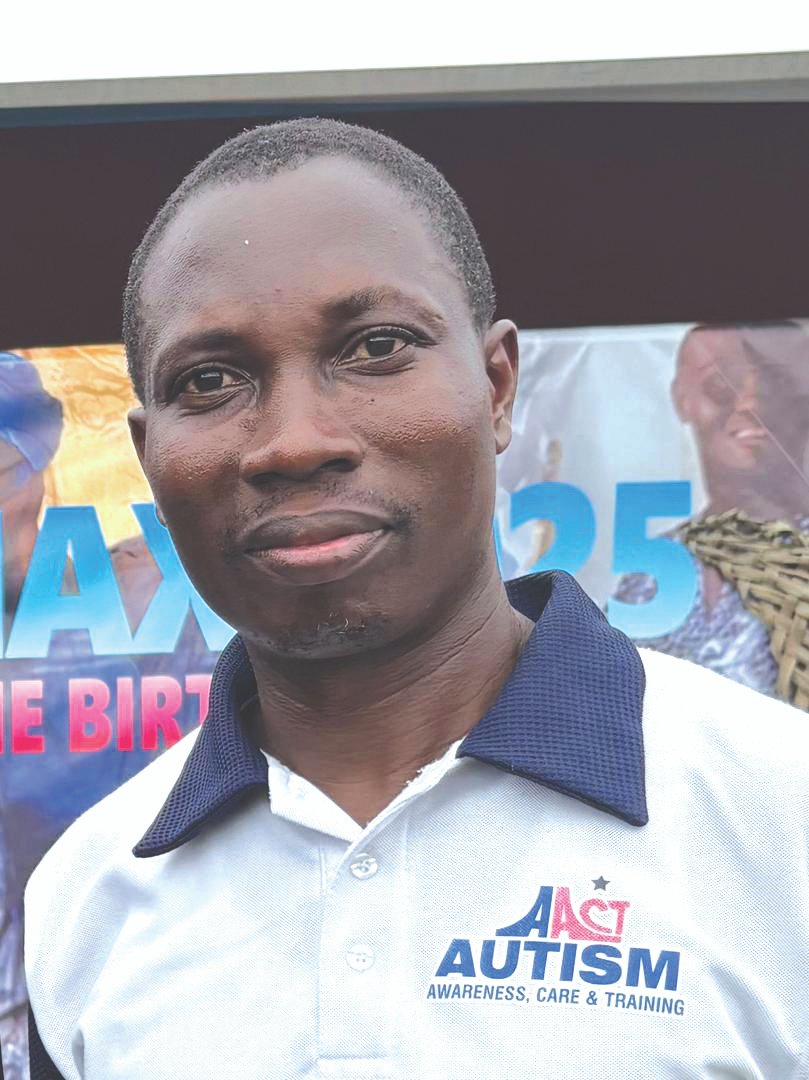
AUTISM Awareness Care and Training (AACT) is Ghana’s first autism-focused centre, playing a pioneering role in the care, education, and advocacy for children on the autism spectrum and their families.
Established in 1998, AACT began as a parent-support and training initiative at a time when autism was poorly understood in Ghana. Many families raising autistic children faced stigma, isolation, and limited access to information or professional assistance.
Over the years, the organisation has evolved into a full-fledged autism care and training centre, responding to the growing demand for specialised services and sustained nationwide awareness.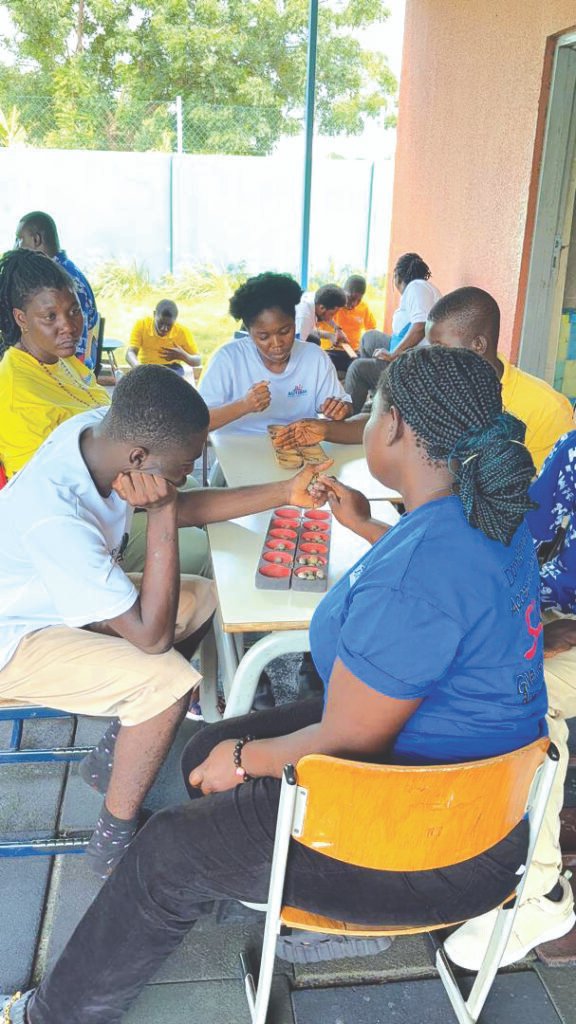
AACT is currently located in Haatso, Accra, where it operates a structured day programme serving about 25 learners daily. The centre provides a safe, inclusive, and supportive environment where children with autism are guided to develop essential life, social, and functional skills.
Programmes at the centre focus on independent living skills, vocational and pre-vocational training, functional academic skills, and therapeutic interventions. These activities are tailored to the individual needs of each learner, recognising that children on the autism spectrum learn and develop at different paces.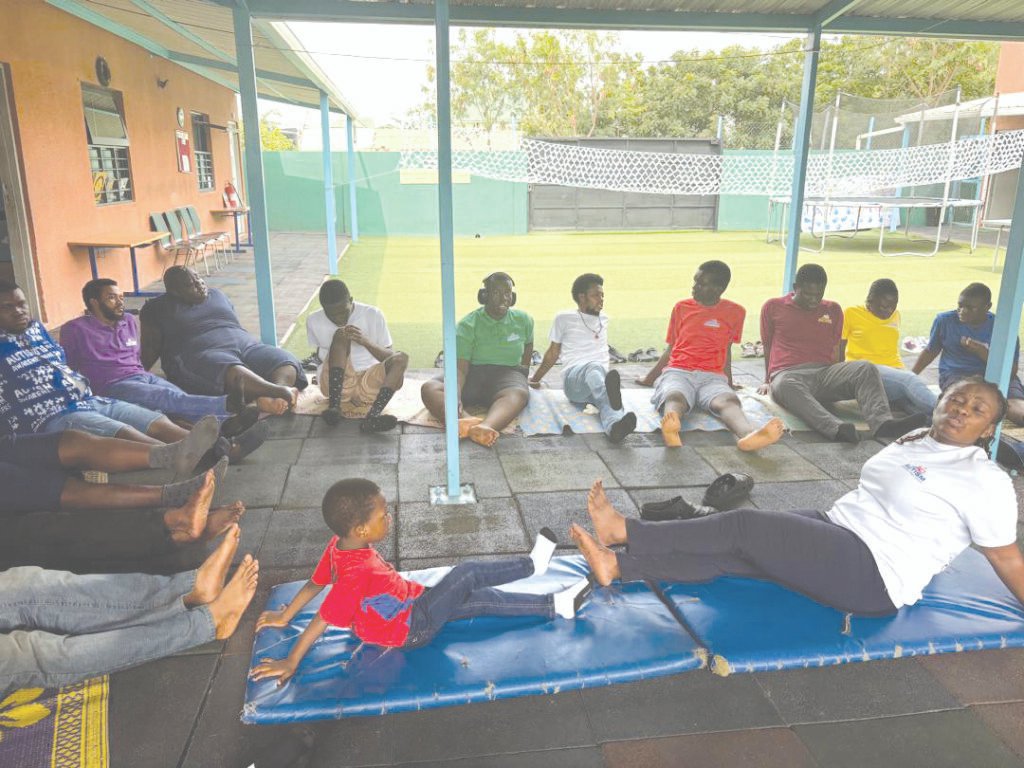
According to Abeiku Grant, Head of Programmes at AACT, the centre’s philosophy is centred on ability rather than limitation.
“Every autistic child is different,” he said. “Our work is to support them at their own pace and help them discover what they can do, not to focus on what they cannot do.”
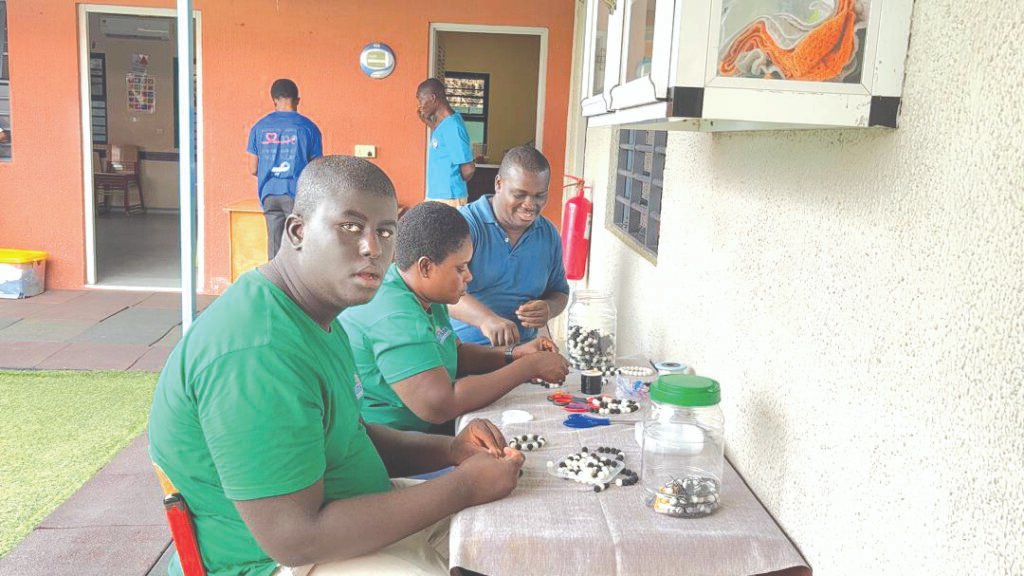
Beyond centre-based services, AACT places strong emphasis on autism awareness and advocacy, particularly within schools and communities. Many children with autism in Ghana continue to face rejection and exclusion due to stigma, misinformation, and the lack of trained personnel in educational institutions.
In 2025, AACT reached over 20 schools across the country, providing autism education to teachers, students, and school administrators.
The organisation also runs free teacher training programmes, equipping educators with practical knowledge and basic tools to support autistic learners in inclusive classroom settings.
“Many schools tell us they are not resourced or trained to handle autistic learners,” Mr Grant explained. “Instead of waiting for change, we decided to go to them and train teachers for free.”
AACT also engages learners directly, addressing widespread misconceptions about autism, including the false belief that autism is contagious or caused by bad parenting. These outreach programmes aim to build empathy among students and promote peer support for autistic learners in mainstream schools.
Another major challenge confronting families is limited access to autism services, especially outside Accra. With most autism centres concentrated in the capital, many families from other regions are forced to travel long distances or keep their children at home due to cost, stigma, or lack of support.
“Education is not meant only for typical children,” Mr Grant stressed. “Children with autism also have the right to education and care. No child should be hidden because of lack of understanding or opportunity.”
As part of its outreach work, AACT supports parents to overcome stigma and encourages social interaction for children with autism, believing that community engagement is essential for development and confidence building.
In December 2025, the centre received what it described as its largest donation of the year, raised by children from the Unmasked Mentoring initiative. According to the organisation, the donation was particularly significant as it demonstrated empathy and social responsibility among young people.
As a non-governmental, non-profit organisation, AACT depends largely on donations, partnerships, and goodwill to sustain and expand its work. Current needs include a minibus for community-based social activities, expansion of its facility to accommodate more learners, sponsorship support for children from financially challenged families, and funding to scale autism awareness programmes nationwide.
Looking ahead, AACT envisions a Ghanaian society that is inclusive, informed, and supportive of persons with autism.
“Our goal is a Ghana where children with autism are accepted and supported,” Mr Grant said. “Every child has potential. All they need is understanding, opportunity, and care.”
By Esinam Jemima Kuatsinu







